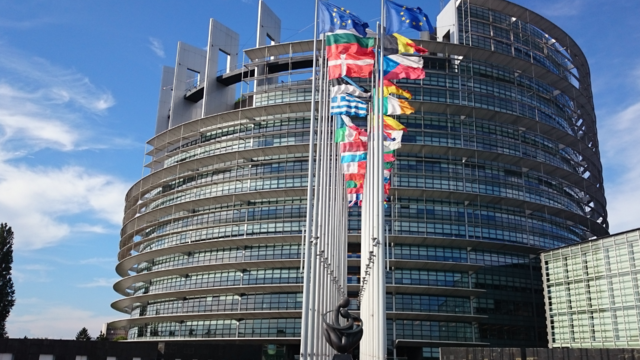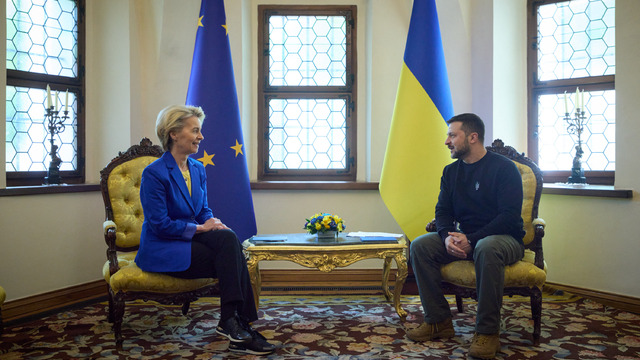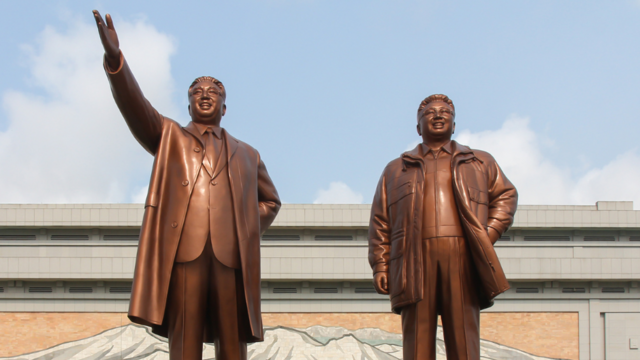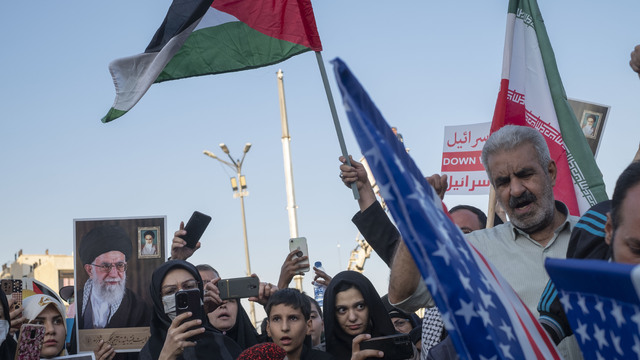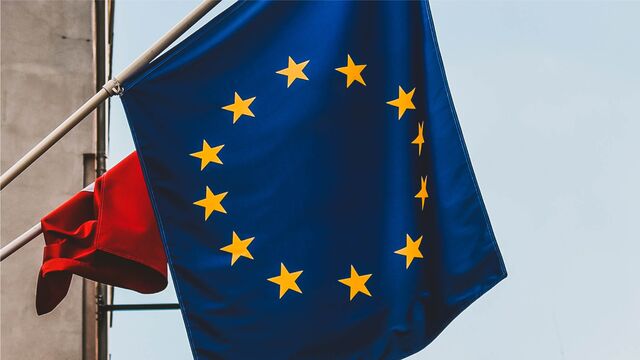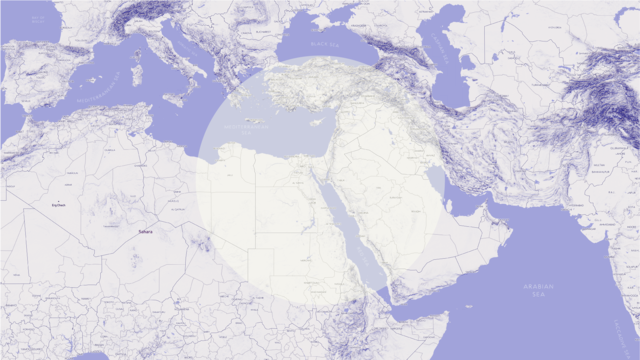The Rise of the Far Right and the Autocratization of the Southern Neighborhood
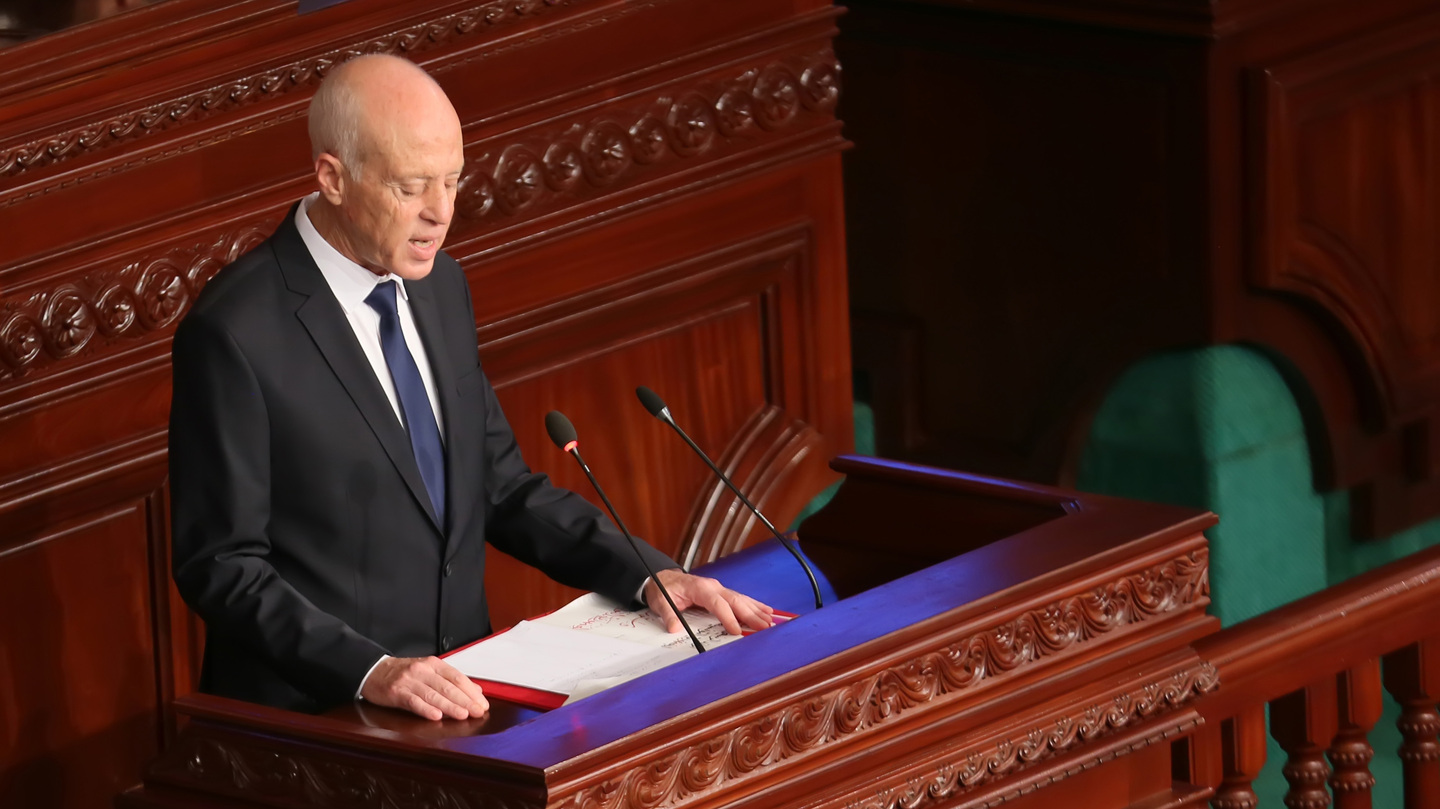
Clément Steuer discusses the rise of authoritarian regimes supported by far-right European leaders in the EU’s southern neighborhood, following the EU’s policy shift from democracy promotion to tackling terrorism and migration.
The rise of the far right in the Euro-Atlantic space is contributing to the autocratization of the Southern European Neighborhood. Western countries’ support for democratization weakened during the last decade and their attention shifted towards fighting terrorism and reducing migration due to the mainstreaming of the far-right agenda. This situation is detrimental to the European interests in this part of the world, and benefits Russia. The EU should develop a new holistic strategy to counter the Russian effort to promote authoritarianism in the region. This strategy should be based on the development of social, territorial and environmental justice as a way to ensure the stability of the Southern neighborhood.
From Democracy Promotion to Accommodation of Autocracies
During the last decades, Western countries and the European Union actively promoted democratization globally, and especially in the European neighborhood. The Arab Spring appeared at first (in 2011–2012) as a successful outcome of this policy, but eventually backlashed when several states collapsed, precipitating their countries into civil war, and an authoritarian turn wiped away the democratic gains of the early 2010s.
The international factors undoubtedly played a role in the failure of the democratic transitions following the Arab Spring. The transition towards a multipolar world order pushed Southern countries to develop links with multiple poles in order to mitigate future risks. This “multi-alignment” reduced the impact of the democratic promotion by diminishing the effectiveness of Western leverage on these countries. However, the deeper structural problems within the region were equally significant for this failure. The social and territorial inequalities were strong, which constituted the backdrop for an intense ideological and political polarization during the aborted democratic transitions. This polarization jeopardized democratic institutions and threatened the existence of the state itself.
The authoritarian turn in Tunisia and Egypt, where territorial inequalities were significant, illustrates this point well. The collapse of the Libyan state – a victim of territorial contradictions opposing Cyrenaica to Tripoli – caused fear among large parts of the Egyptian and Tunisian publics. Territorial inequalities are strong in those two countries as well, and authoritarian entrepreneurs (nationalist movements and intellectuals, some high-ranking officials and some elected leaders) played with these fears to gain support and mobilize sectors of the population against the others. In Egypt, where the Islamists received most of their electoral support from the underdeveloped regions of the South and the desert margins, the return of the military to power was welcomed by the populations of the big cities. The opposite happened in Tunisia, where Kais Saied received his strongest electoral support from the youth and the inhabitants of underdeveloped peripheries. Both authoritarian turns were backed by nationalist parties and the security apparatus.
In these countries, authoritarian entrepreneurs developed a narrative depicting the collapse of several Arab states (Libya, Syria, Yemen) as the intended result of Western efforts to promote democratization. Those efforts are presented as a hypocritical façade to an ulterior motive, which could be described as a “divide and conquest” strategy. In this view indeed, democratic protesters and Islamist movements are mere puppets of the West, whose goal is the destruction of the Arab states and the fragmentation of the Arab countries in order to perpetuate the Western military and economic domination over the region.
This narrative resonates with the worldview propagated by Russia in its efforts to promote a “global authoritarianism” to counter Western democratic promotion. Russia seized the opportunity presented by the post-Arab Spring authoritarian turn to strengthen its relations with the authoritarian entrepreneurs in the region. It pictures itself as the defender of the sovereignty and integrity of states, which it sees as pillars of a regional stability threatened by political Islam. In so doing, Russia is reinforcing its military and diplomatic – and, to a lesser extent, its economic – presence in the Southern flank of the EU.
Challenges for Czechia and Europe
The autocratization of the Southern neighborhood not only strengthens autocratic powers like China and Russia, but also facilitates the spread of far-right ideas in Europe. Far-right parties and politicians in the West support the authoritarian entrepreneurs and legitimize their worldview. They present the autocrats of the South as guarantors of stability who are shielding Europe from terrorism and the migration influx. In return, the Southern autocrats began to embrace an antimigrant rhetoric.
Tunisia is probably the best example of the development of closer relationships between Southern autocrats and far-right governments across Europe, which is centered around the issue of migration. In February 2023, Tunisian President Kais Saied attacked the presence of sub-Saharan migrants in Tunisia and received full support from the far-right Italian Minister of Foreign Affairs in this. In 2023, Italy lobbied the European Union to accept and sign, together with Tunis, a comprehensive strategic partnership agreement on migration. More anecdotally, in 2015, the French far-right leader Marine Le Pen praised the fight of Egyptian President al-Sissi against political Islam.
It is not just that the strengthening of the Russian and Chinese influence in the Southern neighborhood constitutes a potential threat for the future of European security, but also authoritarianism does not represent – in the long run – a real solution for the problem of the stability of the region. This stability is crucial for the security of Europe because of the risks linked to the development of terrorism, the migration influx, and the supply of energy.
The EU should develop a narrative countering the Russian efforts to promote authoritarianism. Czechia has a role to play in the development of this narrative. Its lack of a colonial past, and its own successful democratic transition thanks to a vibrant civil society, confer on this country a credibility in this domain. Czech foreign policy prioritizes human rights and democratic values and its history shows how democratization and stability go hand in hand in the long run.
Foresight
The Western democracy promotion agenda failed in the Southern neighborhood because it did not focus on reducing social, territorial and environmental inequalities both within these countries, and between them and Europe. The prospects for democratization in this part of the world lie in a future reduction of these inequalities. Moreover, a correction of the North-South inequalities would constitute the best (and probably the only realistic) way to diminish the migration pressure.
The example of Tunisia shows that there is a way to resist the trends of autocratization via civil society initiatives. The workers confederations of the region developed relations across the Mediterranean Sea in this respect and oppose their governments’ approaches to migration that rely solely on border controls. An agreement between the Tunisian UGTT and the Italian CGIL has succeeded in providing Tunisian workers in Italy with a better access to their social rights and empowering them against illegal abuses of the informal labor market, especially in the agriculture and construction sectors.6 Hence, Western governments should support such efforts of civil society organizations working on reducing inequalities, challenging the policies of autocratic governments in the South and encouraging the development of North-South cooperations.
In addition, Europe should work to mitigate the effects of global warming on South Mediterranean societies (reduction of agricultural lands, forest fires, deterioration of ecosystems and loss of biodiversity). Otherwise, climate refugees could soon outnumber political and economic refugees. The governments of the South are ready to develop cooperations with the EU in this domain – as shown by the signature of a Green Partnership agreement with Morocco. The EU and its member states should seize this opportunity to involve civil society from both sides of the Mediterranean Sea. They should push to include a reduction of inequalities and an active participation of citizens – especially at a local level – in environmental transition policies.
These policies are far more acceptable for nationalist feelings in the South than a promotion of democracy emphasizing free and fair elections and the protection of individual and collective freedoms. In the long run, however, such policies would help to develop the protection of human rights and create conditions more favorable to future peaceful and successful transitions to democracy.
→ The EU should not accept, let alone support, authoritarian promotion in its Southern neighborhood. Autocratization does not address the underlying issue destabilizing the region: the lack of territorial, social and environmental justice.
→ The EU and its member countries should develop a narrative countering Russian efforts to promote authoritarianism. The autocratization in the Southern borders should also be seen as a challenge for Czechia because it reinforces Russian and Chinese positions, weakens democratic narratives and threatens the stability of the region in the long run.
→ The reduction of inequalities and the pursuit of a Green transition can potentially represent a renewed vision for EU democracy promotion emphasizing the critical role of citizen participation in decision-making processes. By including a reduction of North-South inequalities within their development strategy toward the Southern neighborhood, European countries could alleviate future migration pressure and dodge accusations of neo-colonialism.
→ Emphasizing social, territorial and environmental justice as the best way to guarantee stability would offer an alternative to the shortsighted strategy consisting of supporting authoritarian regimes to avoid instability.
